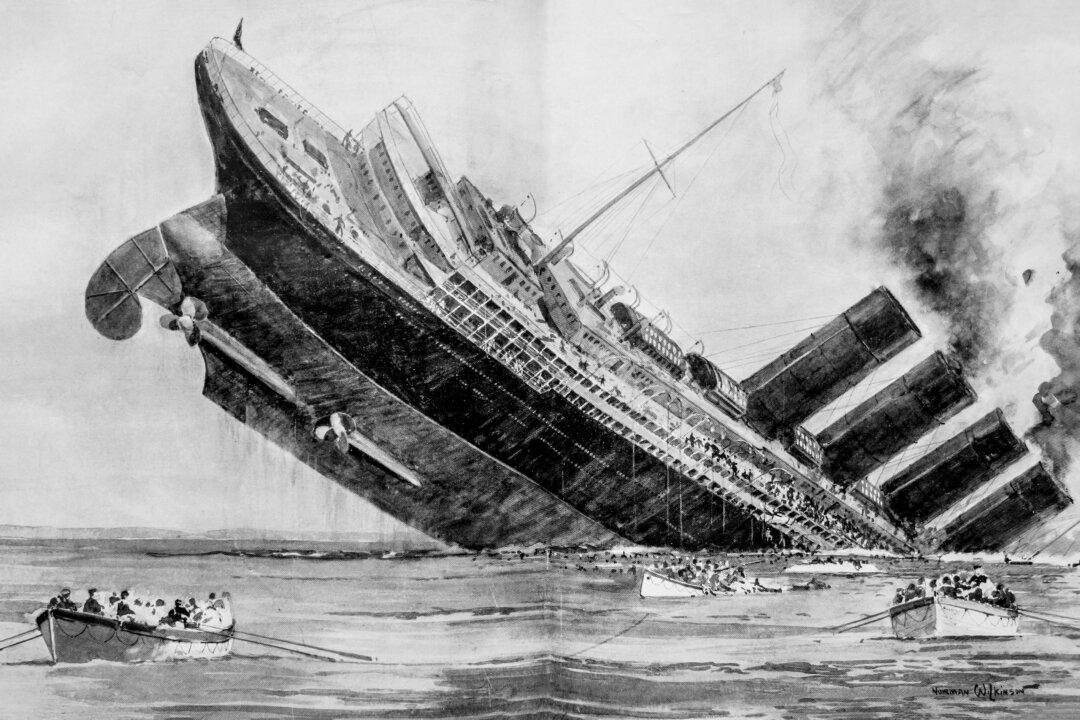Commentary
In early 1917 the battle line on the Western Front of World War I was in a stalemate of bloody trench combat and Germany was in need of a breakthrough.

In early 1917 the battle line on the Western Front of World War I was in a stalemate of bloody trench combat and Germany was in need of a breakthrough.